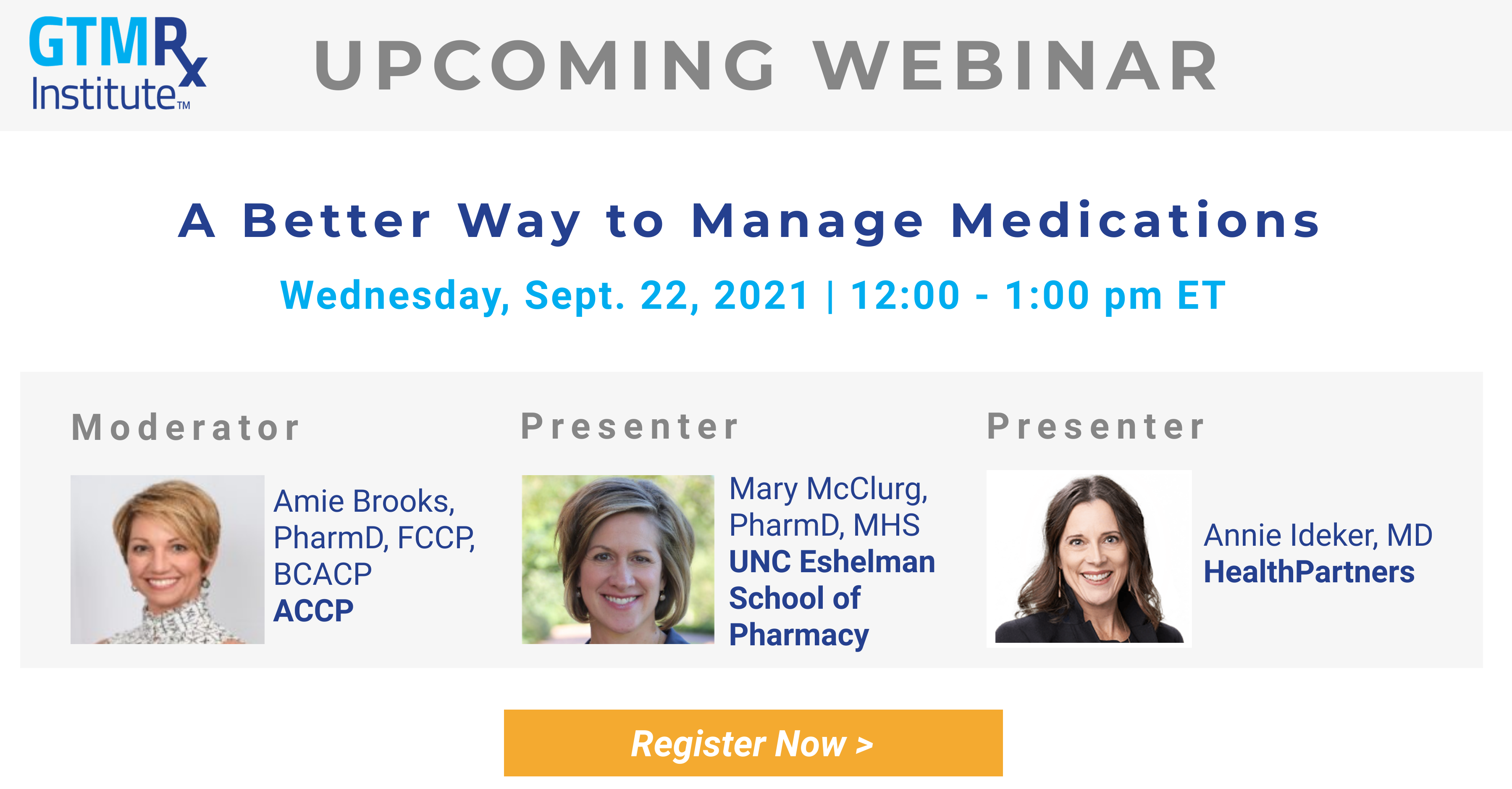Practice Transformation
Walgreens, Blue Shield collab focuses on whole-person care
Blue Shield of California and Walgreens have joined forces in what they call an effort to improve condition management and deliver whole-person care. Eligible beneficiaries will be able to get blood pressure screenings, mammography care coordination and other services through Walgreens’ Health Corner locations. The sites will be staffed with pharmacists, dieticians and/or nurses. The program, which includes in-store, at-home and virtual care, is expected to launch by early 2022. It’s part of Blue Shield’s Health Reimagined strategy, which tests, pilots and scales innovations through diverse collaborations. (Modern Healthcare*; Blue Shield announcement)
Evidence & Innovation
COVID vaccine as mood enhancement?
Receiving the first dose of a two-shot COVID-19 vaccine can improve one’s mood. An analysis of survey data collected between March 2020 and March 2021 revealed a significant reduction in stress levels among those who received their first shot. The findings were published in PLOS ONE. “There’s been a lot of interest in the trajectories of mental health during the pandemic,” says lead author Francisco Perez-Arce, PhD, an economist at the USC Center for Economic and Social Research. “I think this study shows that worry about sickness is part of it for sure, and the vaccines can relieve it.” (Medscape Medical News; PLOS ONE)
Biotech makes drug administration easier
It’s usually easier to take meds orally, but many must be injected. That may be changing. Researchers have developed a capsule that—in pigs—can carry large protein drugs, such as monoclonal antibodies, and inject them directly into the stomach lining. “If we can make it easier for patients to take their medication, then it is more likely that they will take it, and healthcare providers will be more likely to adopt therapies that are known to be effective,” says Dr. Giovanni Traverso of MIT and Brigham and Women’s, an author of the Nature Biotechnology study. (Science Daily; Nature Biotechnology*)
Avoidable COVID hospitalizations: $2.3B in two months
More than 98% of people hospitalized with COVID-19 between May and July were unvaccinated, according to the Kaiser Family Foundation. Its analysis of CDC data indicates there were 37,000 preventable COVID-19 hospitalizations in June and another 76,000 in July. The estimated average hospitalization cost for COVID-19 hovers around $20,000, which means that avoidable COVID-19 hospitalizations cost the U.S. health system $2.3 billion in those two months alone, according to KFF analysis. (KFF analysis; Healthcare Dive)
Cognitive biases contribute to vaccine hesitancy
Psychologists have discovered that some people choosing not to get vaccinated may have fallen victim to various cognitive biases, according to CareFirst BlueCross BlueShield. These include cognitive dissonance, confirmation bias, the availability heuristic and omission bias. As a result, simply educating people about the relative risks of vaccines instead of the diseases they prevent isn’t enough. On the other hand, personally knowing someone who has received the vaccine—and seeing that the vaccine did not produce significant adverse effects—can motivate the vaccine hesitant. (WTOP, GTMRx report)
Policy Solutions
Health care orgs to HHS: Move forward with APMs
The AMA, AAFP and Premier joined 14 other national health care organizations in urging HHS Secretary Xavier Becerra to move forward on alternative payment models as part of its strategy to achieve health equity, noting, among other things, that APMs routinely leverage multidisciplinary approaches to care. They want HHS to set a clear plan for moving beyond testing to scaling the best approaches. They also call on HHS to address overlap in value-based care programs to remove conflicting incentives and ensure providers are not disadvantaged for participating in multiple models. (Healthcare Finance News)
Note: sources that have an asterisk require login to view the article.
In Case You Missed It!
Leadership from GTMRx’s PGx Payment and Policy Taskforce and Payment and Policy Solutions Workgroup have created 5 policy recommendations on PGx + CMM that policymakers should consider to ensure that patient medications are managed safely and effectively based on the unique characteristic of an individual patients’ genetic profile, including:
- Add the assessment of patient medications and drug-gene interactions to Medicare (Welcome to Medicare visit) and Medicaid benefits,
- Require CMS to reimburse preemptive multi-gene panel testing as one single test with one standard compensation code,
- Require CMS to reimburse members of the care team trained to evaluate/manage all medications based on patient’s genotype, multi-drug interactions, Rx metabolism, etc.,
- Direct the National Quality Forum (NQF) to review and make recommendations on drug-gene interaction efficacy and safety checks prior/post admin of drugs within CMM,
- Recommend the U.S. Preventive Services Task Force evaluate evidence of PGx testing and CMM, for drugs with known drug-gene interactions, as a preventive health care practice that addresses patient outcomes/medical expenditures and that should be covered by ACA plans.
In addition to development of Vaccine Confidence Leagues (VCLs) and community-building activities, the task force’s recommendations include:
- Accelerated approval of vaccines
- Public education
- Payment reform
- Improved vaccine access for primary care practices
- More effective immunization information systems (IIS)
- No cost-sharing for certain patients
- Enhanced diversity, inclusion, and equity
Find the report Frequently Asked Questions here.
Read the report here.
|
AmazonSmile is an easy way for 0.5% of your qualified purchases go to the GTMRx Foundation at no cost to you. And signing up is simple—go to smile.amazon.com and select “Get the Medications Right Foundation” as your charity of choice. If you prefer to directly donate instead, you can do so here.
Adding the foundation on AmazonSmile will help us continue to provide no cost educational webinars, issue briefs, weekly news briefs and promote the need for transformation of our current system of medication use through social media campaigns.



 Join us to be part of meaningful change
Join us to be part of meaningful change
